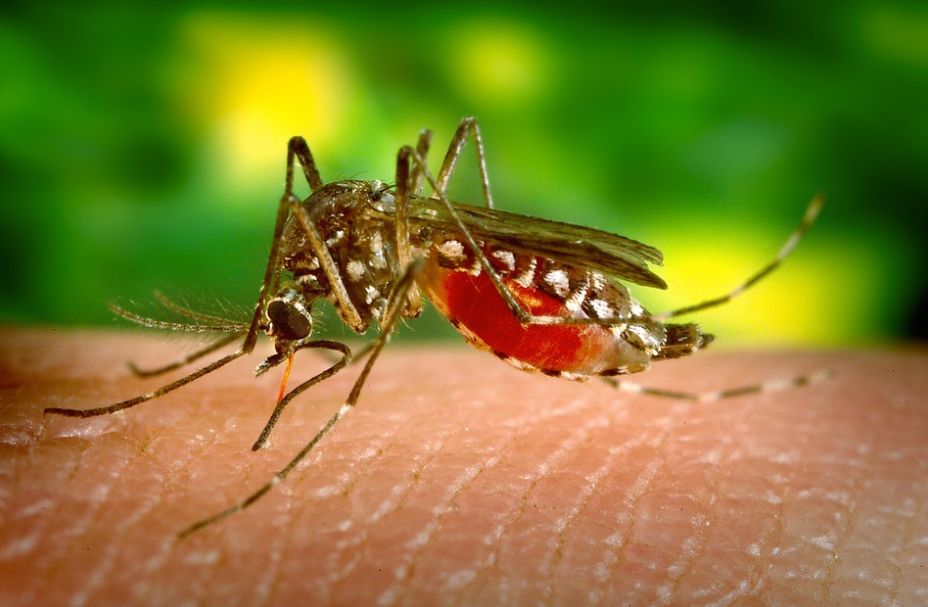How Singapore uses data to fight dengue
By GovInsider
The National Environment Agency’s dengue risk map won Best Use of Data at the GovInsider Innovation Awards.

The Aedes mosquito is a tiny but deadly foe, and Singapore is using data to keep its dangers at bay. As a tropical country, Singapore faces seasonal bouts of dengue cases, peaking in the warmer months of June to October.
From July to September 2017, there was a total of 679 reported cases of dengue, according to the National Environment Agency (NEA). The country’s main strategy is to carry out preventive surveillance of dengue hotspots.
However, this is labour-intensive, and drains an already limited pool of skilled vector control officers. So the Environmental Health Institute at the NEA decided to use data to identify the areas most at risk of dengue - and help the agency deploy officers more effectively. The team used a machine learning model to create a colour-coded risk map.
The model analyses data from various agencies to rank the overall risk of dengue across the entire country. These data include past dengue cases from the Ministry of Health; population estimates from Singstat; vegetation indices from the Centre for Remote Imaging Sensing & Processing at the National University of Singapore; public transport information from Future City Lab ETH-NUS; and mosquito population data from NEA’s surveillance programme.
The risk map also enables targeted publicity campaigns - for example, placing advertisements about dengue prevention at bus stops in high-risk towns.
The project won Best Use of Data at the GovInsider Innovation Awards, held at Innovation Labs World on 26 September in Singapore.
NEA also provides open datasets of dengue clusters, cases and mosquito breeding habitats. By making these data public, the agency hopes to encourage citizens themselves to take on a more active role in dengue control by checking their homes for possible mosquito breeding grounds.
The problem of dengue is here to stay - but the right use of data enables Singapore to ensure that it can be controlled.